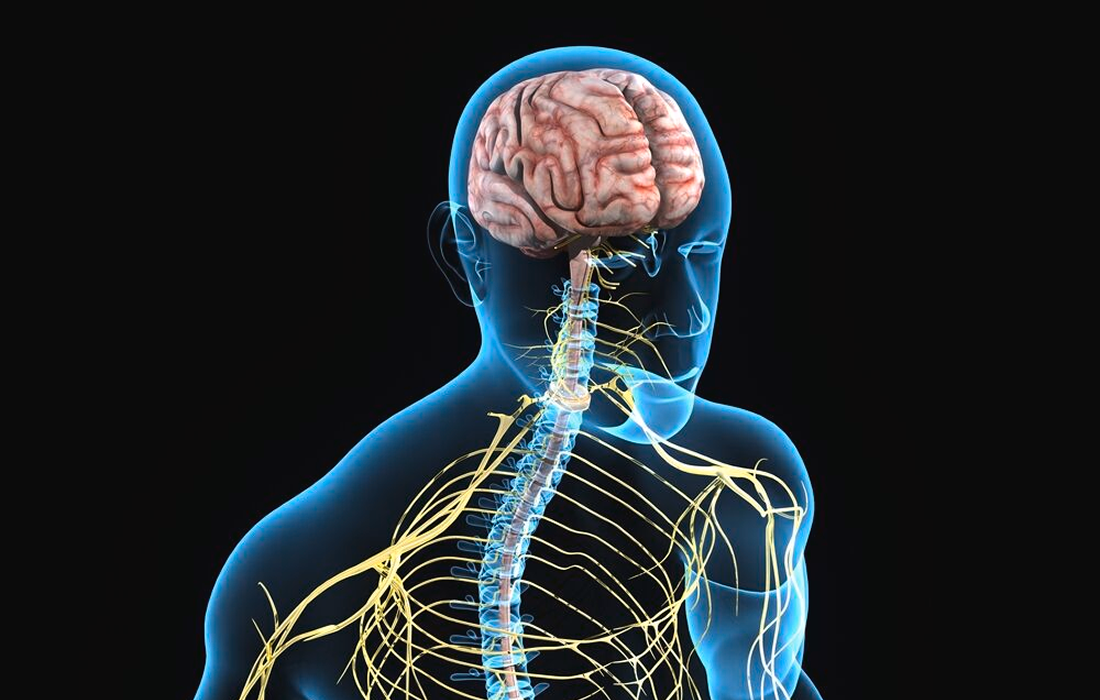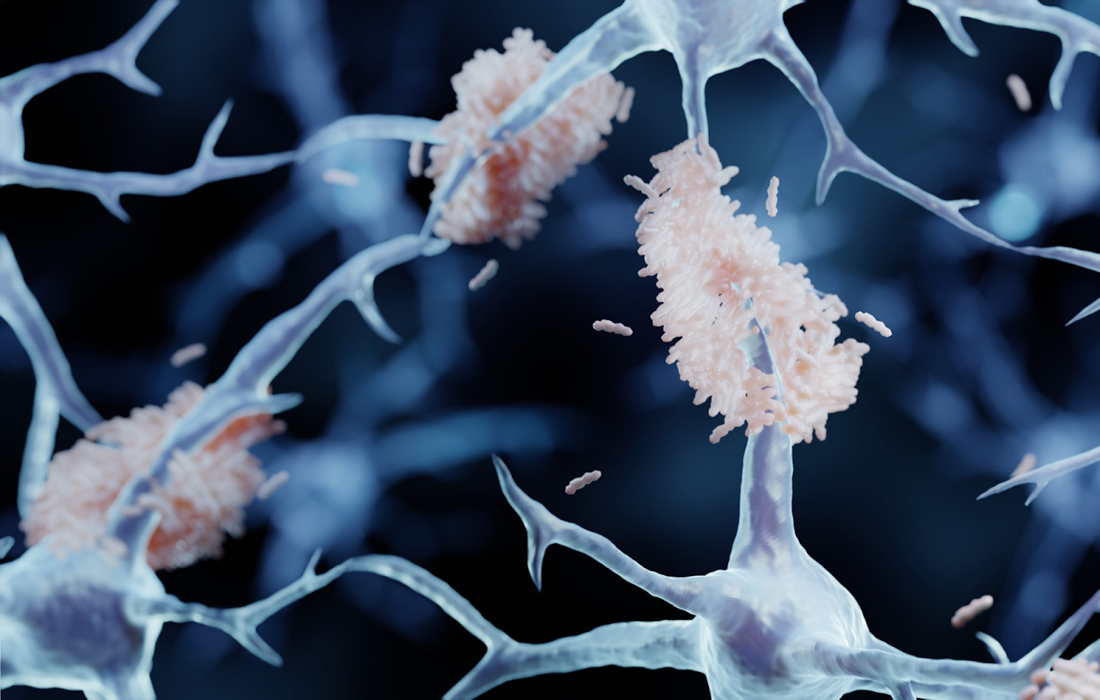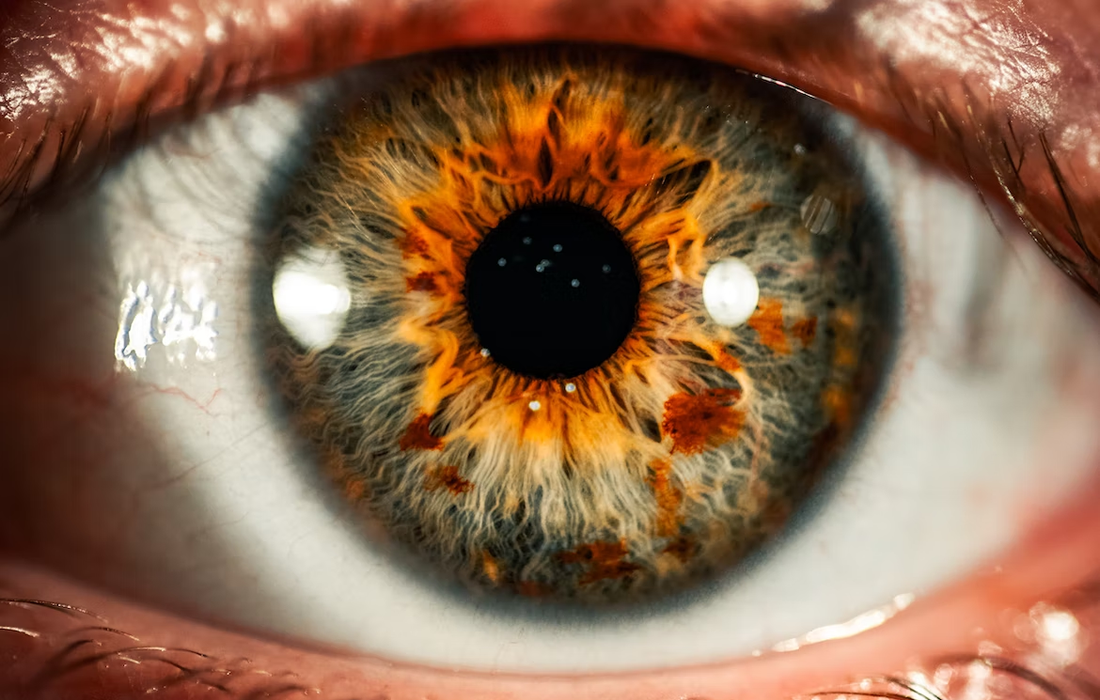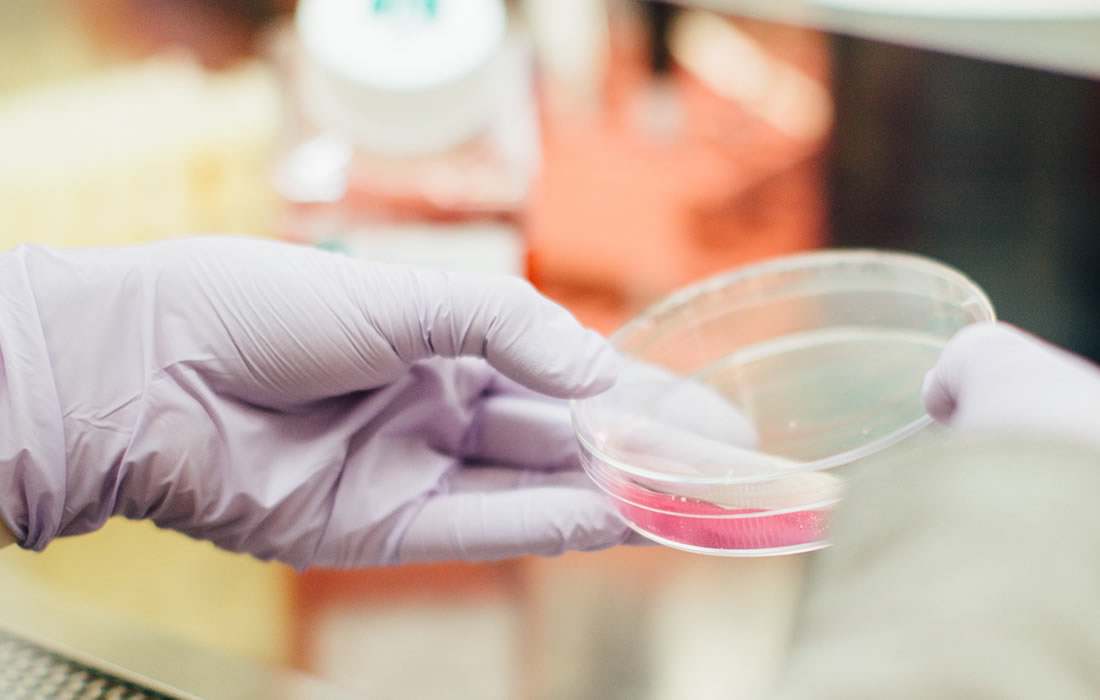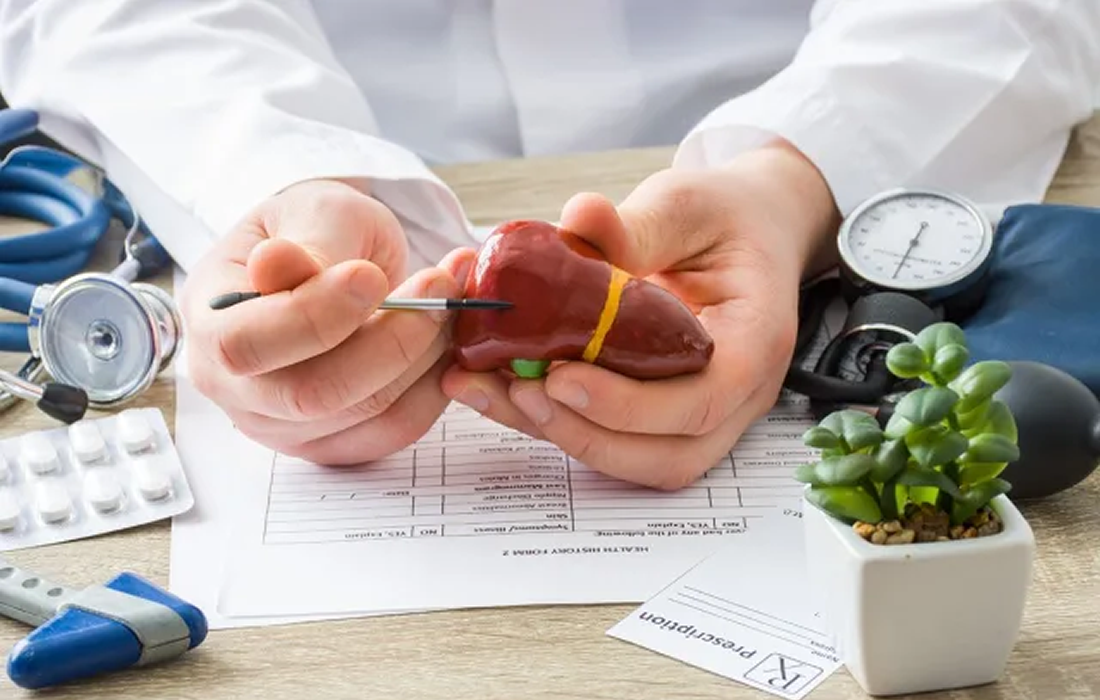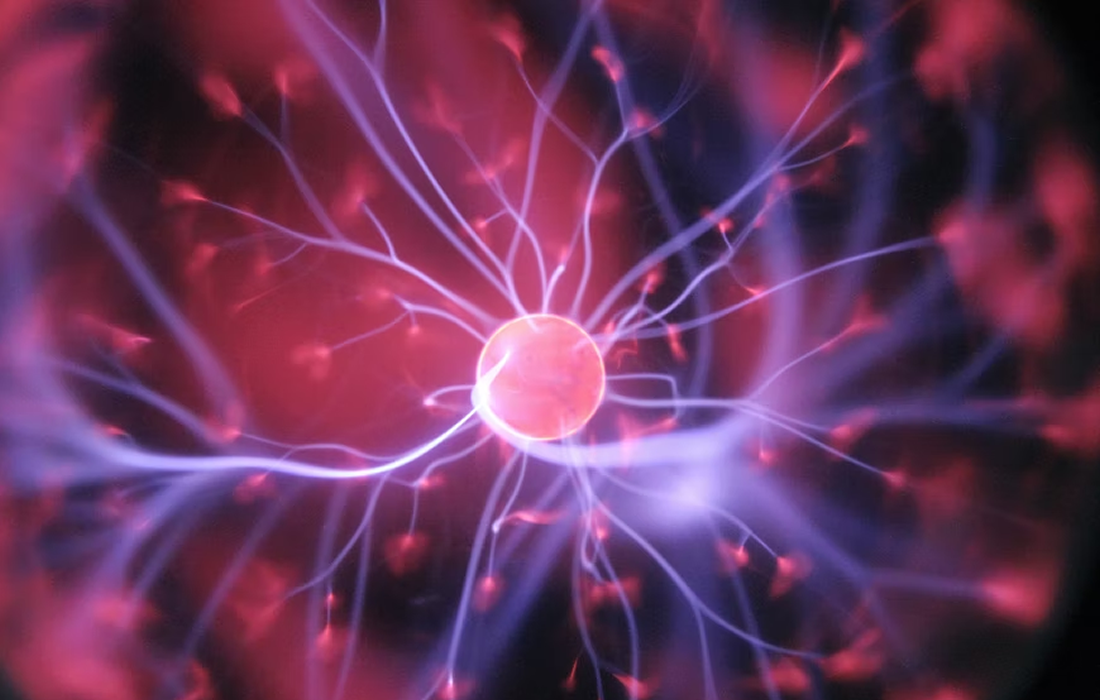Brachial plexus injury (BPI) is an advanced peripheral nerve injury that results in paralysis of the upper extremities. This injury is often caused by high-energy trauma such as road traffic accidents and young adult groups often experience it. Massive motor neuron damage and impairment functions of the brachial plexus-innervated muscles are the results of severe […]
Category Archives: Stem Cell Therapy for Specific Conditions
Amyotrophic lateral sclerosis (ALS) involves progressive motor neuron loss, leading to paralysis and death typically within 3–5 years of diagnosis. Dysfunctional astrocytes may contribute to disease and glial cell line-derived neurotrophic factor (GDNF) can be protective. GDNF is a potent growth factor for dopamine and motor neurons; however, it cannot cross the blood–brain barrier. New […]
Amyloid fibrils are protein polymers comprising identical monomer units (homopolymers). Functional amyloids play a beneficial role in a variety of physiologic processes (eg, long-term memory formation, gradual release of stored peptide hormones). Amyloidosis results from the accumulation of pathogenic amyloids. Amyloidosis is a clinical disorder caused by extracellular and/or intracellular deposition of insoluble abnormal amyloid […]
Age-related macular degeneration (AMD or ARMD) is the most common cause of irreversible vision loss in the developed world. AMD is associated with the presence of drusen, without visual loss early in the disease. However, the disease often slowly progresses over years to retinal atrophy and central retinal degeneration with associated loss of central vision. […]
Chronic granulomatous disease (CGD) is by mutations in genes coding for subunits or regulatory proteins of the NADPH oxidase complex, that is, X-linked mutations in CYBB or autosomal recessive mutations in CYBA, NCF1, NCF2, and CYBC1, that cause absent or severely reduced production of superoxide in all phagocytes , so they are unable to kill […]
Hypogonadism refers to a condition in which little or no hormone is produced by the testes or ovaries. There are many possible etiologies for this condition, and it depends if where onset before or after puberty, this last one is called late-onset hypogonadism (LOH). The primary source of testosterone in males is Leydig cells in […]
Induced pluripotent stem cells and their differentiated cardiomyocytes (iCMs) have tremendous potential as patient‐specific therapy for ischemic cardiomyopathy following myocardial infarctions by differentiate into contractile cardiomyocytes (iCMs) and transplanted into the myocardium. Despite initial enthusiasm, the lack of sustained cell engraftment has restricted clinical translation. Exosomes secreted from iCMs (iCM‐Ex) can be robustly collected in […]
Mesenchymal stem cells (MSCs) therapy is showing potential therapeutic effects on liver function improvement in patients with chronic liver disease and acute chronic liver disease (ACLD). These diseases are mainly caused by alcoholic cirrhosis , high fat blood levels, autoimmune disease or a viral infection, among others. Clinical studies have found that allogeneic BM-MSCs are […]
Brachial plexus injury (BPI) is an advanced peripheral nerve injury that results in paralysis of the upper extremities. This injury is often caused by high-energy trauma such as road traffic accidents and young adult groups often experience it. Massive motor neuron damage and impairment functions of the brachial plexus-innervated muscles are the results of severe […]
In spite of the regenerative potential of stem cell therapy in pre-clinical investigations, clinical translation of cell-based therapy has not been completely clarified. In recent years, the importance of lifestyle, patient comorbidities, and prescribed medication has attracted more attention in the efficacy of cell therapy. Aspirin (acetylsalicylic acid), as a nonsteroidal anti-inflammatory drug, is one […]

